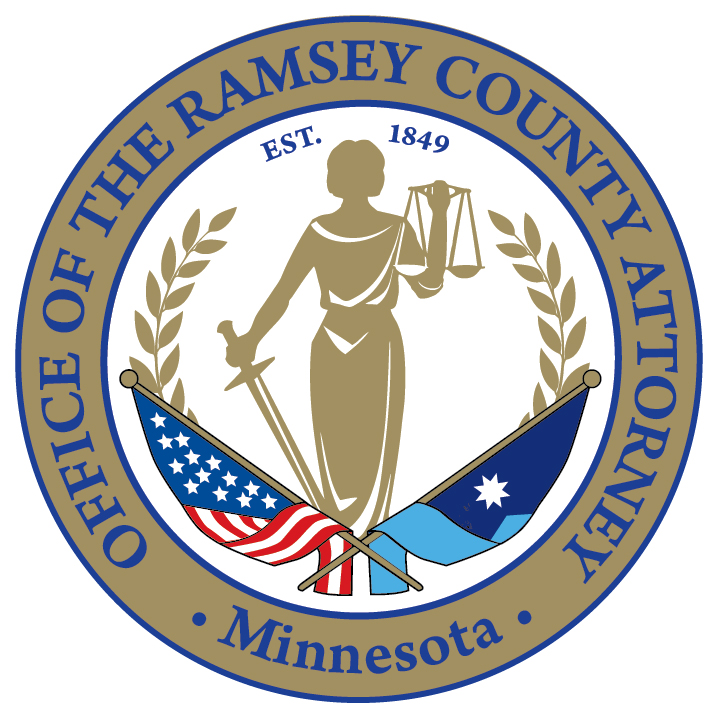Restitution (Compensation for Loss)
Restitution is the money a judge orders the offender to pay the victim to compensate the victim for losses related to the crime. Restitution is part of the offender's sentence or disposition and can be ordered in both adult and juvenile cases after the offender is found guilty or pleads guilty. The amount of restitution the judge orders depends on the victim's crime-related expenses and the offender's ability to pay.
Who can request restitution
Victims with out-of-pocket losses resulting from the crime may request restitution. Organizations such as churches, schools, businesses or government agencies may also be eligible if they sustained a loss due to the crime.
What restitution covers
Restitution may be requested for a victim's out-of-pocket losses that are a direct result of a crime. Eligible expenses may include, but are not limited to, medical and dental bills, counseling costs, property losses and repairing damaged property.
If the entire amount of the out-of-pocket loss is unknown at the time of sentencing or juvenile disposition, the amount of restitution may be determined at a later date, although restitution should still be requested. Requests may also be made for anticipated expenses, such as ongoing medical or counseling expenses.
Expenses not covered by restitution
Costs that are not related to the crime(s) committed by the offender will not be included in a restitution order. A criminal court cannot order restitution payments for physical pain, suffering or emotional trauma. Victims seeking financial compensation for these types of losses may wish to hire an attorney to pursue a personal injury claim in civil court against the offender. The offender's financial resources and ability to pay should be taken into account when considering this option.
How to request restitution
Requests for restitution should be made in writing using an Affidavit of Restitution form [PDF] prior to the sentencing or juvenile dispositional hearing. These forms are also available from the prosecutor's office, corrections or probation departments and downloadable from the Minnesota Judicial Branch . Talk to your victim advocate, review the State Office of Justice Restitution Guide [PDF] or visit the State Office of Justice Programs or contact them at 651-201-7310.
